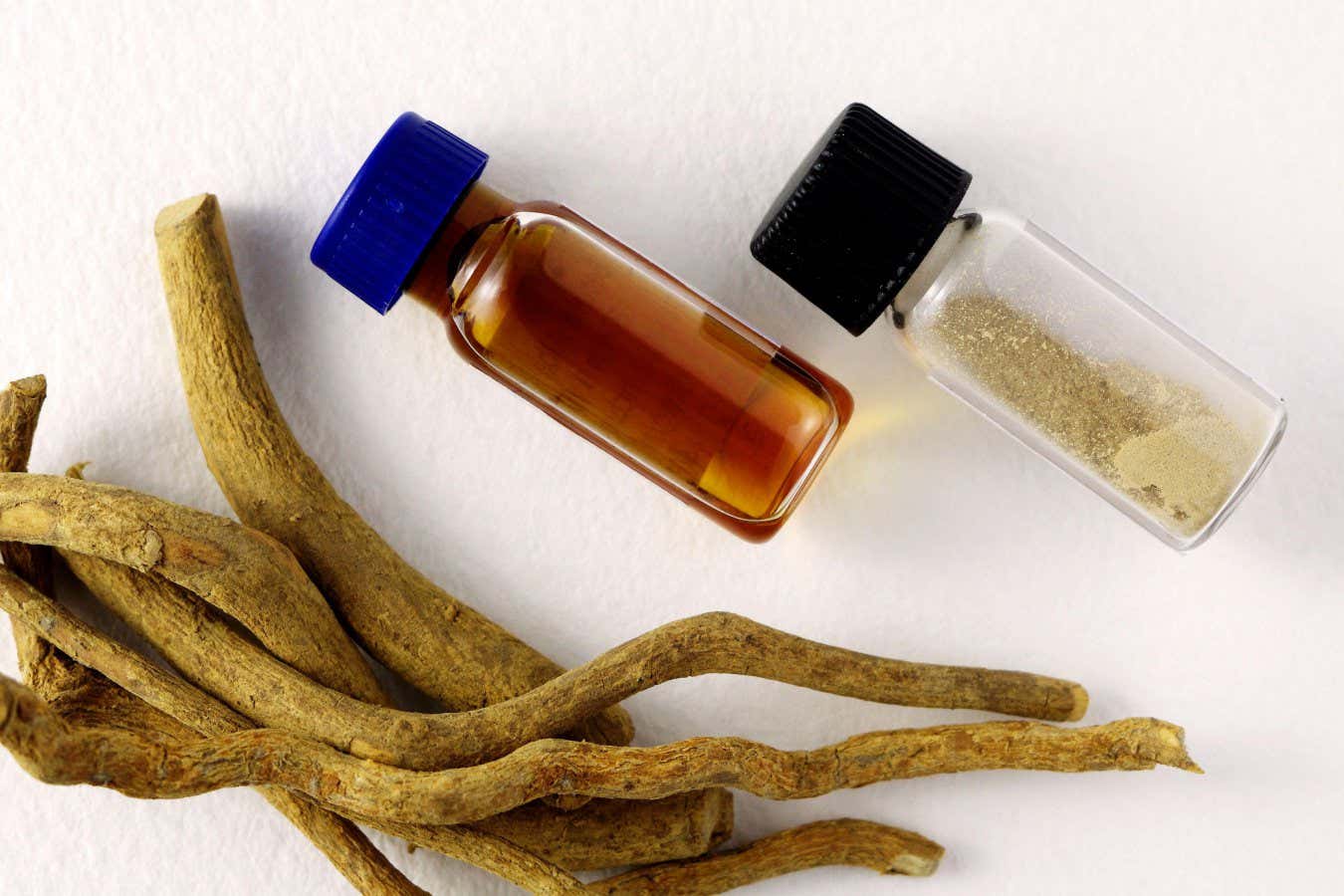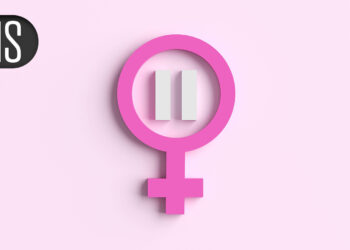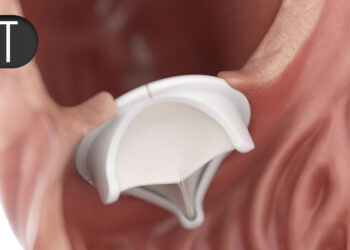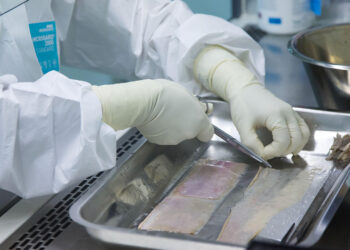
The psychedelic drug ibogaine is extracted from iboga roots
FARMER DODDS / Alamy
The psychedelic drug ibogaine slows down the brainwaves of people with traumatic brain injury, which may explain why it alleviates symptoms of post-traumatic stress disorder (PTSD).
Last year, a study found that ibogaine – a psychedelic substance derived from the African iboga plant – significantly improved mental and physical health in military veterans with traumatic brain injury. But it wasn’t clear how the drug produced these effects.
So, Jennifer Lissemore at Stanford University in California and her colleagues analysed brain scans of the original study’s 30 participants, all of whom were men from the US. The participants had received ibogaine at a dose of 12 milligrams per kilogram of body weight during a five-day stay at a treatment facility in Mexico. They also saw a therapist before and afterwards to prepare for and discuss their psychedelic treatment, and they had access to activities like yoga, massage and meditation.
Throughout the original study, researchers took electroencephalogram (EEG) recordings – which measure electrical activity in the brain – of the participants. These scans were collected two to three days before ibogaine therapy, 3.5 days afterwards and again one month later.
Comparing those EEG results, Lissemore and her colleagues found that, on average, faster brainwaves decreased in strength after ibogaine therapy, while slower ones did the opposite. For instance, days after taking ibogaine, the strength of gamma waves – the fastest type of brainwave – fell nearly 16 per cent, on average, in brain regions at the back of the head. These waves increased slightly in intensity one month later, but were still significantly lower than before participants had taken ibogaine.
Meanwhile, the intensity of slower, theta waves increased almost 17 per cent in the back of the brain and 13 per cent in the front of the brain 3.5 days after taking ibogaine. However, this difference was no longer significant one month later.
Lissemore believes the slowing of brainwaves may explain why ibogaine reduced PTSD symptoms for the majority of participants. “The slowing of brain activity went hand in hand with patients who were struggling with hyperarousal, hypervigilance and PTSD symptoms,” she says. “Those symptoms were improved drastically, and so one way to think of this slowing of brain activity is [as] a decrease in that hyperarousal that is a problem in PTSD.”
The temporary increase in slower theta waves also suggests that ibogaine induces neuroplasticity, or the brain’s ability to rewire itself. Previous studies in rodents have linked theta waves to plasticity in the brain, says Lissemore. By inducing short-term increases in theta waves, ibogaine may allow the brain to remodel itself in a way that improves mental health, she says.
“Ibogaine is basically targeting this very messy, restless brain and allowing it to kind of normalise,” says Conor Murray at the University of California, Los Angeles. “It ultimately gave [participants] a sense of peace of mind, in terms of putting their brains at ease.”
However, these results still don’t tell us how, exactly, ibogaine induces these changes in the brain, he notes.
Another issue is that the lack of a control group makes it impossible to disentangle the influence of other aspects of the treatment, such as therapy, says Lissemore. But these findings are still “an important first step towards understanding why this treatment might be so effective”, she says.
Topics:
Source link : https://www.newscientist.com/article/2491953-psychedelic-drug-ibogaine-may-treat-ptsd-by-slowing-brainwaves/?utm_campaign=RSS%7CNSNS&utm_source=NSNS&utm_medium=RSS&utm_content=home
Author :
Publish date : 2025-08-11 17:30:00
Copyright for syndicated content belongs to the linked Source.











